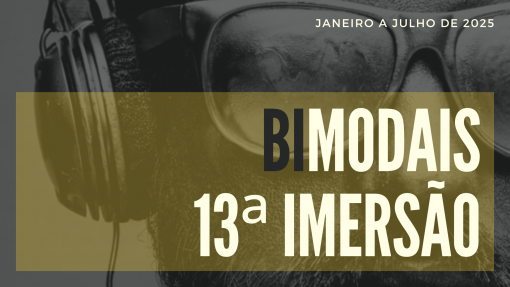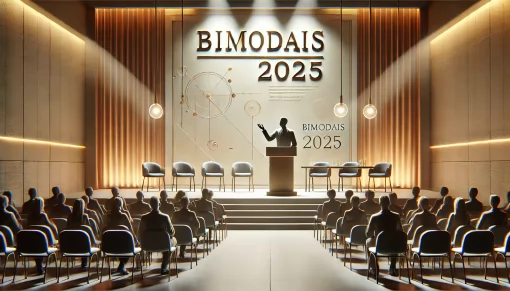We shouldn’t have illusions – the Internet didn’t come to save the world. José Saramago, from my phrase collection in Portuguese.

(Well, I’ll continue to talk a bit more about ideas going through my mind after the RioInfo debate.)
Here are some theoretical premises for reflection on the role of the Internet in the world.
- 1– We always lived with knowledge networks. We had the speech network, the print network (industrial book), audio network (radio), and image network (television). The Internet is an evolution of those previous ones, even more horizontal, fast, and with more alternatives. It’s the most complex network so far created.
- 2– Networks are core elements in our survival and their topology defines social power structures (Castells’s recently released book talks a lot about this. ) The topology is changed. Management of institutions is changed in the middle and long term, from a more hierarchical network model to a more decentralized one – which I even refer to as a new approach to the issue: Management by network (in Portuguese).

- 3– This phenomenon, although apparently spontaneous, natural, and charming, is indeed systemic. It’s not the first time networks have changed topology, and it won’t be the last. In my opinion, this happens every time the number of inhabitants and their informational demand exceed the current network capacity to enable the timely exchange of ideas. The more numerous we are, more demands we will have and more complex channels will be needed to generate innovation and new products. For this, the network needs to be more horizontal, gradually eliminating intermediaries, in order to open new exchange points and reduce the pressure of informational demands.
- 4– Thus, topological changes in the network don’t alter human patterns in the relations with other human beings; cognitions change, but not the way of relating to ourselves. If we put all our bets on social revolution, based on technology, we will have renewed power structures, with new injustices in the place of old ones. Is it worth fighting for those new structures? Of course, it is, but knowing their limitations if we think in broader terms. We will end up with a new king (Google and its allied powers in this case – see China) sitting on the same throne – with our new old problems.

- 5– Social networks are the talk of the town lately. However, they are not the first example of worldwide horizontal collaboration. The social network of writings, of the printed book, starting in 1500 enabled us to “invent” the universities, among other things. It also had its links, the sum total of experiences, a great paper Facebook, which changed the world first with ideas and later with products.
See what Burke had to say about the industrial book, which MacLuhan considered to be the first mass media, as all others that followed it:
As many as three or four million copies of almanacs were printed in seventeenth-century England, as well as in Venice, with almost two million copies, through the work of 500 publishers, this resulted in general in the production of over 16,000 titles with 18 million copies in Europe. As proof of this “explosion,” it should be noted that approximately 400 universities had been founded only in Italy around 1600, and they were spread all over Europe, from Portugal to Poland (retranslated from Uma história social do Conhecimento/ A Social History of Knowledge, Rio de Janeiro: Jorge Zahar Ed., 2003.)
(Prior to the Internet, there was nothing more collaborative than academic work.)
Do not believe that collaboration is a novelty.
It’s only one more necessary motion, as in the past, to advance as a species. (Don’t fool yourselves!). Thus, collaboration on the Internet (as in the universities) has not and will not lead us to another civilization.
It’s more a process of change, out of necessity, not generosity, within a new support system – the network of our time.

Collaboration is – and will always be – used to solve survival problems of information and in no way can be viewed as a philosophical change of human condition, which requires a deeper and more general discussion of our nature. Unfortunately, the Internet, as the book prior to it, doesn’t bring answers to this.
People collaborate out of necessity!
So, it’s urgent to continue deepening the historical study of similar network ruptures in the past, or else we will never have the precise dimension of what we are currently going through, in what we should believe, and what changes will actually make a great difference for future generations. This includes a philosophical vision more geared to wisdom in broader terms than the reductionism of utilitarian knowledge, as we see today.

Otherwise, we will take an updated old for a completely new phenomenon.
And the new in this movement might get confused with something old.
That’s it for now!
Do you agree?
Twitter in English. Follow me.
Twitter in Portuguese. Follow me.
Translated by Jones de Freitas. Edited by Phil Stuart Cournoyer.










I t is urgent to continue deepening the historical study of similar network ruptures in the past and nowadays, as you has done.
Good.
Luiz Ramos
Thanks Luiz.
For yours continuous support!
NepĂ´.
Nepo, gostei muito do que escreveste. Ao longo da leitura fui lembrando muito de um amigo inglĂŞs, Peter Russell. Especialmente de dois livros que escreveu:
The Global Brain e White Hole In Time (reescrito com o tĂtulo Waking Up In Tme) DĂŞ uma olhada nesse link
http://www.peterrussell.com/Ordering.php#GBVID
e conversamos depois a respeito.
Duda
ops – in English ;
I really liked what you wrote. Along my reading I recalled an British friend of mine, Peter Russell. More specifically two of his books: The Global Brain and White Hole In Time (rewitten as Waking Up In Time), Check this link and we talk later on.
Luis Eduardo Coimbra Tavares